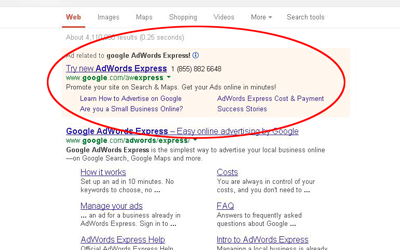The demand for a stream of continuous content creation is ever growing and changing. A positive to report is that blogging does not seem to be going anywhere. There have been slight changes however. More and more businesses are saying that longer posts of 1,000 words and above are good for bringing in leads. Keep in mind that many of these companies end up outsourcing content creation or hiring a team just for content production to keep up with demand. With videos, blogs, emails, ads, and social media updates to craft, it can feel overwhelming especially if you are a small agency or independent agent.
Hope is not lost. There are many ways you can recycle your content into other forms. For instance, if you do write a longer blog once a week, you could then promote that content in several different ways on your social channels throughout the month and as long as it stays relevant.
If you have been blogging for a while, revisit some of your older content and look into revising it for an update. You may even find a few postings that you can combine to hit your new goal. Hubspot has recently shared a few blogging statistics that may help you in deciding to make the move to long-form blogging. They found that 84% of people who blog found it helpful in delivering a result. This is excellent news if you are trying to figure out the viability of continuing to blog in 2018.
However, here’s a stat that may make you a bit wary, especially if you are an independent insurance agent. Among bloggers, 49% report spending over 6 hours per blog post. If your agency is working with a blog schedule that has been in place for a long time, you may need to evaluate how switching to long-form blogging would change that. It’s possible the time currently devoted to writing a week’s worth of blogs would now be required to write just one entry.
Remember that you do not have to jump in all at once, especially if you already have a schedule. If you find yourself in this situation, you may want to experiment with the concept and perhaps craft one longer post weekly or even monthly for a while until you can compare the results to some of your other postings.
The primary reason we’ve seen such a significant jump in word count for blogging for 2018 is that a lot of the focus of blogs has become more educational. With that educational element, the blog serves as a dialogue with readers and a way to build trust with them. Keep in mind that with educational content you want them to feel like your content helped answer their questions.
One of the biggest keys to remember throughout the whole process is that while the average word count has gone up, there’s a more significant focus on the overall quality of the work as opposed to hitting a certain word limit. Make sure to take advantage of formatting and images to draw attention to crucial information in your posts. A change of visuals will keep viewers focused and keep them reading. You’ll frequently see blogs that take advantage of humorous gifs or infographics to break up the text.
In conclusion, while longer posts are cited as providing more results, a lot of smaller agents will not be able to keep up with the demand of doing everything. They may need to bring in some degree of external help to pursue this new strategy. Above all, your blog should have an overall purpose and quality to it, giving your readers useful information and helpful tools.




